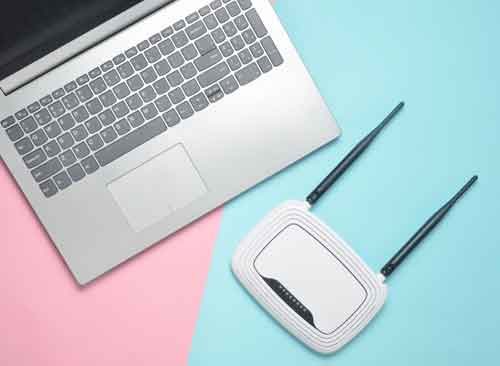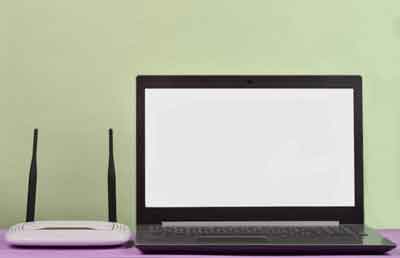First, you must be sure that you are in a legitimate Wi-Fi hotspot zone. Some scammers, hackers, and pirates have been known to set up false routers with misleading or genuine sounding names in order to gain all of your password and private information. Doing some research on the router you are about to connect to is a good idea. For instance, if you are a hotel, be sure to ask which service the hotel provides because often nearby and non-secure connections can appear on the list. Clicking these gives third parties all kinds of access to your information, your personal data, and even the files you may have stored on your computer. Do not allow this to happen to you by making certain that you are choosing a safe and reliable hotspot, click over here.

Another way to keep your notebook protected from the dangers of Wi-Fi hotspots is to enable your laptop computer’s firewall system. Your firewall is designed to protect your network from security threats and from hackers and spammers. Another way to prevent intervention from a dangerous third party is by disabling your file-sharing feature. Going to your computer’s security center and turning off the File and Printer Sharing setting can be a beneficial way of protecting and securing your computer.
When you are connected, you cannot really know who can see your information and so be very careful when putting in any private or personal data into the computer. Try not to make online purchases if you can help it and try to not pay your bills over the computer unless you are totally sure that you are on a secure site. These secure sites are usually marked by a tiny lock icon at the very bottom corner of your Internet browser. Also check the URL in the address bar to make sure that it starts with https so that you know you are visiting a page that will protect your privacy and personal information. Make sure you never email anyone your credit card number. A real bank will never ask for this information and so you must make sure not to allow that information to get out of your hands.

Be sure to disable your Wi-Fi radio when you are connecting to Wi-Fi. Having this turned on can allow hackers to access your personal data by accessing the radio signal while you are connected with your notebook.
Another way to protect your public wireless link is to use a virtual private network, or VPN. These create secure pathways through which all of your personal and private data travels safely to the destination without meeting the interception of hackers or spammers who only want to take what is yours and use it for their own monetary benefits.
If you want top-notch security, signing up for a paid subscription to hotspot networks offered by Boingo or T-Mobile will guarantee safety for your notebook no matter where you go and you will not have to worry about your data being taken or your computer being hacked into.


